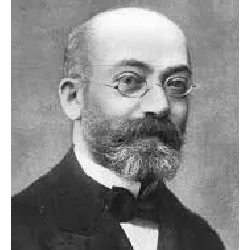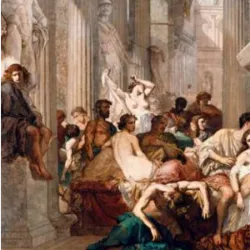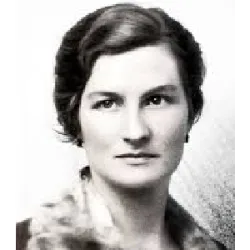The Literature of Subjectivity and Mystery

Symbolism was a literary movement that emerged in the late 19th century as a reaction to Realism and Naturalism. Focusing on subjectivity, mystery, and the musicality of language, Symbolism sought to express the deepest emotions and states of mind, rejecting the objectivity and materialism of these earlier periods.
The movement was influenced by 19th-century philosophical and religious currents, such as idealism and spiritualism, which believed in a reality beyond the physical world. Poets such as Charles Baudelaire, with his work The Flowers of Evil (1857), and Stéphane Mallarmé, with The Raven, were pioneers of Symbolism in France. In Brazil, the movement gained prominence with poets such as Alberto de Oliveira, Raul de Leoni and Cruz e Sousa, who used poetry to explore themes such as the transcendental and the occult, with a sensorial language full of metaphors.
The historical context of Symbolism was marked by growing industrialization and urbanization, which generated a feeling of anguish and alienation. The movement reflected the search for an escape from reality, in a world that was becoming increasingly mechanized and impersonal.
Symbolism, with its focus on the unconscious and the imagination, influenced modern poetry, highlighting the power of the word as a vehicle for a subjective and sensorial experience.
Did you know?












